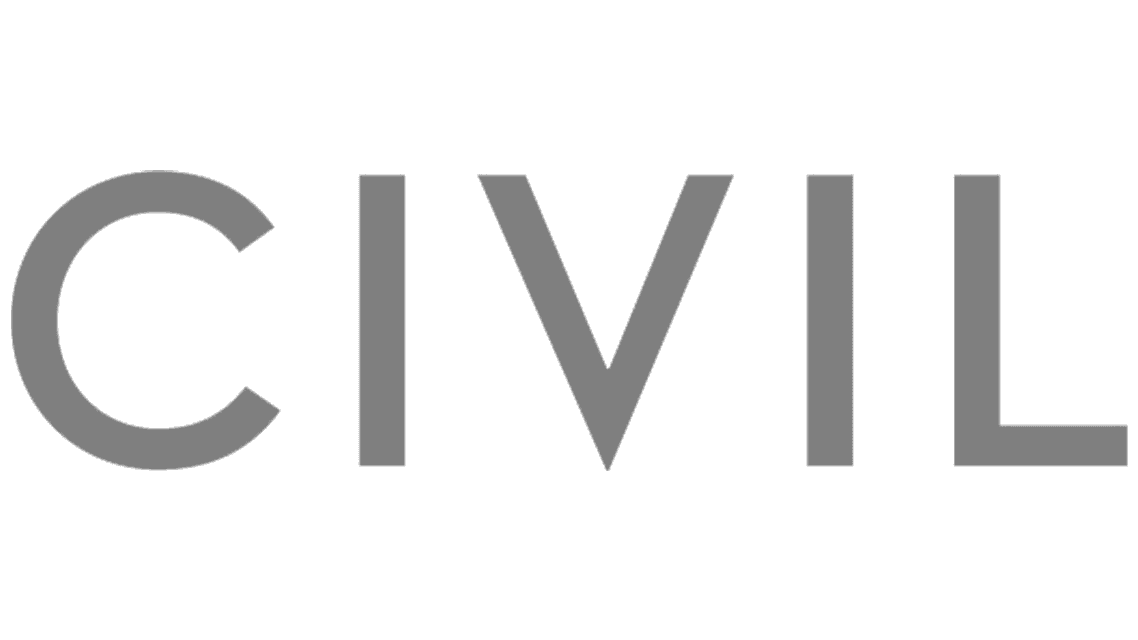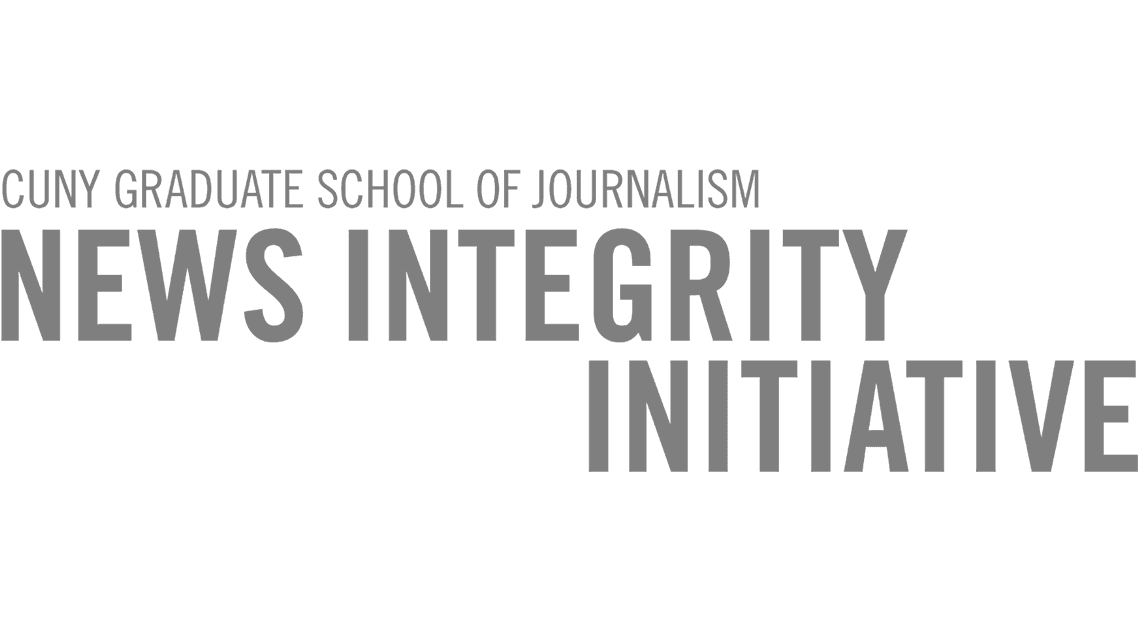
Case study
How De Balie uses 'live journalism' to engage the public and local politicians
In a nutshell
A series of public meetings and investigative research looking at people in Amsterdam who work hard but can’t make ends meet, culminating in a theatre performance featuring local residents.
Background
- De Balie was founded in 1982 and has become one of The Netherlands’ foremost venues for contemporary arts, politics and culture, hosting debates, art exhibitions, films and theatre performances.
- The live journalism project is a new participatory journalism programme in which De Balie works with local residents to investigate issues that affect Amsterdam and The Netherlands as a whole.
- A team of four people works on the project, including a project leader and three journalists/event producers, who cover story research, community management, communications and event production between them.
- The live journalism project is supported by Stimuleringsfonds voor de Journalistiek, a Dutch journalism fund that promotes quality, diverse and independent journalism through grants and research.
- The team decided to focus its first investigation on people in Amsterdam who work hard but barely making a living in the city. Their reasons were a) the Dutch capital is expensive to live in (the number of people working but living in poverty is almost twice as high as the national average) and b) this group of people is rarely made the focus of any story.

How did they do it?
- The team set out with the aim of bringing together “working poor” people in Amsterdam and to inspire a wider conversation about the costs of living in the city. They also sought to engage local politicians to realise that there’s an issue in Amsterdam and to get the story picked up by other media in The Netherlands.
- In February, the team published an article in national newspaper NRC Handelsblad about the issue and invited people to join a public meeting where they would discuss the topic and decide on next steps for the investigation.
- The team also spent six weeks finding people who might like to attend the first meeting. They went to traditionally poorer parts of the city and spoke to people at community centres.
- Deputy mayor Marjolein Moorman, the representative responsible for education, poverty and civic integration, asked to attend the event but the team decided that it would change the tone of the event and asked her not to participate.
- In March, the first public meeting was held at De Balie and it was attended by around 100 people. The meeting opened with a video portrait of one of the Amsterdammers about having multiple jobs and the audience, sat around ten tables, shared their experiences. Local politicians, policy experts and academics were also present. Together, attendees came up with nine areas that merit further investigation, including the difficulty of being self-employed and the lack of financial education.
- Afterwards, participants were asked to fill in a survey to gather insights from those who didn’t say anything at the event. They were also asked about how they wanted to be involved in the investigation (e.g by reading the newsletter, answer questions by phone or get involved in the theatre production)
- The team then made portraits of 21 people affected by the high cost of living in Amsterdam and published them on De Balie’s website (eg Marcel, Ruud and Selma).
- The team held two subsequent events, one about possible ideas for a theatre production and another about the role of companies. After the events, the team talked to participants about what they liked and didn’t like about the gatherings, which allowed them to improve the sessions.
- Yesterday (Wednesday 12 June), after four months, the theatre production was held at De Balie. Deputy mayor Moorman was present for the performance and gave a short speech in which she explained what she intended to do to help people struggling to make ends meet.

What did they learn?
- The focus of the investigation shifted as soon as the team involved residents. Initially, it concentrated on income and salaries but, based on input from participants, became more focused on rising expenditures (e.g rent, cost of food). This made the scope much broader.
- ⅕ of the attendees of the initial event (around 100 people) indicated that they wanted to be involved in all aspects of the investigation. They ended up being the core ambassadors of the project.
- The council members who attended the events were shocked about the hardship that people faced in Amsterdam. They had little idea that it was difficult for people to exist in the city. Some have already made promises to change policy.
- Just under 600 feedback surveys were gathered. Some people gave feedback that they thought the team was working with local government representatives and therefore couldn’t be trusted. The team intends to be clearer about its independence.
- They will take a month to reflect on what they’ve learned and to improve the process ahead of starting a new project in July.
In their own words
Tim Wagemakers, live journalism project leader, De Balie
"Our director sees De Balie like a live magazine. We have big interviews, reportage and reviews but we didn’t have investigations. It’s just another branch of what we’re doing that fits into the main goal, which is to get art, culture and politics to talk to each other."
How would you improve it?
"We’ve been working for five months on this story and local politicians have made promises. We’d like to create a way to keep track of those so we can ensure that they happen."
Now try it for yourself
- Pop-Up Magazine (US) is a ‘live magazine’ which produces dozens of shows across the US, in which writers, radio producers, photographers, filmmakers, and illustrators perform new, mostly reported stories in all kinds of media. Columbia Journalism Review wrote more about it in 2015.
- Zetland (Denmark) produce live events for members that are the ‘colourful fusion of a paper magazine and a stage show’.
- The Financial Times (UK) has been collaborating with artists and poets to tell stories. Robin Kwong (one of our Accelerator mentors) explained more at the International Journalism Festival in Perugia.
- An overview of De Balie's ‘live journalism’ project from SVDJ, which funded it.



